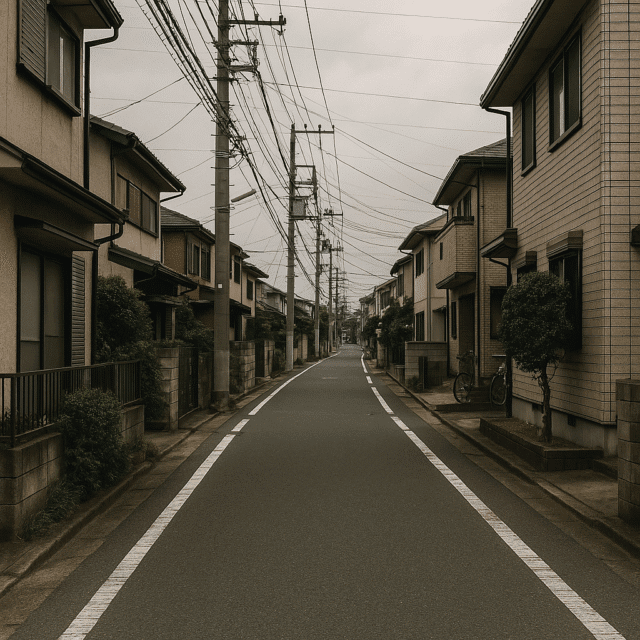 Source: ChatGPT
Source: ChatGPT
While living in Japan, I sometimes feel that it’s hard to find people who worry about Japan as much as Koreans do.
To put it bluntly, seeing how keywords like “Japan is doomed” have consistently remained top clickbait since Korea’s liberation,
it seems like Koreans definitely have a lot of interest in Japan.
However, once you actually live in Japan, you strongly question “Despite this interest, do Koreans really know Japan well?”
Honestly, reflecting on my observations of Japanese people, Japanese society, and Japanese companies while living in Japan,
I can count on my fingers the number of things I heard in Korea that were actually true.
Things I frequently heard from Koreans before and after going to Japan include:
- “Japan still uses fax machines and stamps.”
- “Japanese companies have very low productivity.”
- “Japan’s lost 30 years, Japan is finished.”
- “Japan is sinking, both economically and physically.”
These things come to mind, and while they’re not completely wrong, they’re not entirely correct either.
The culture of using stamps on fax documents still remains,
but in reality, electronic approval systems are used more often for document processing,
and while it’s true that overall productivity is low because the average tenure is significantly higher than in other major countries,
when comparing the same age groups, Japan doesn’t particularly lag behind other countries,
and it’s true that prices have barely risen in 30 years, but that’s because prices have repeatedly gone up and down
(Surprisingly many people think Japan’s prices have been continuously falling for 30 years.)
Economically, one could say Japan is sinking because its growth rate has been lower than other countries,
but physically, the tectonic plate where Japan is located is actually rising.
(Since oceanic plates have higher density, earthquakes in Japan occur when the Philippine Plate, Pacific Plate, and other oceanic plates
are pulled under the continental plate where Japan is located,일본이 위치한 대륙지각 밑으로 빨려들어가면서 발생하는 것이기 때문에
so with each earthquake, Japan’s sea level is actually gradually decreasing.)일본은 지진 한 번 날 때마다 실제로는 해수면이 조금씩 내려가고 있다.)
These statements have something in common.
They merely describe phenomena, but nobody answers or even asks why things are the way they are.
Japan has many unusual and interesting aspects from a foreigner’s perspective,
but why don’t Koreans ever express curiosity about “why they behave that way”?
Could it be that we are unconsciously avoiding understanding Japan?
Then, what do Japan and Japanese people think about Korea?
In truth, ordinary Japanese people don’t know Korea well either.
Some have no interest, and many only recognize Korea through K-pop idols or dramas.
However, the decisive difference in how Korea and Japan regard each other is that
Japan recognizes Korea as a subject worthy of academic study and researches it as “Korean Studies (韓国学).”
Korean Studies in Japan is systematized as an academic discipline, and accordingly, they accumulate and refine objective data.
On the other hand, when thinking about academic research on Japan in Korea,
as far as I know, all that comes to mind is Japanese literature or Japanese history.
Even now, more than half a century after liberation, is Japan still taboo in Korea
as a “subject that shouldn’t be researched,” “an object that shouldn’t be studied”?
Is this also influencing the emotional tendencies when Koreans talk about Japan?
Looking at so-called Japan experts in Korean broadcast content or YouTube videos,
they’re just ordinary people who have lived in Japan for a long time or professors working at Japanese universities.
Are they really “Japan experts”? Do we actually have “Japan experts”?
It’s something worth pondering deeply.
